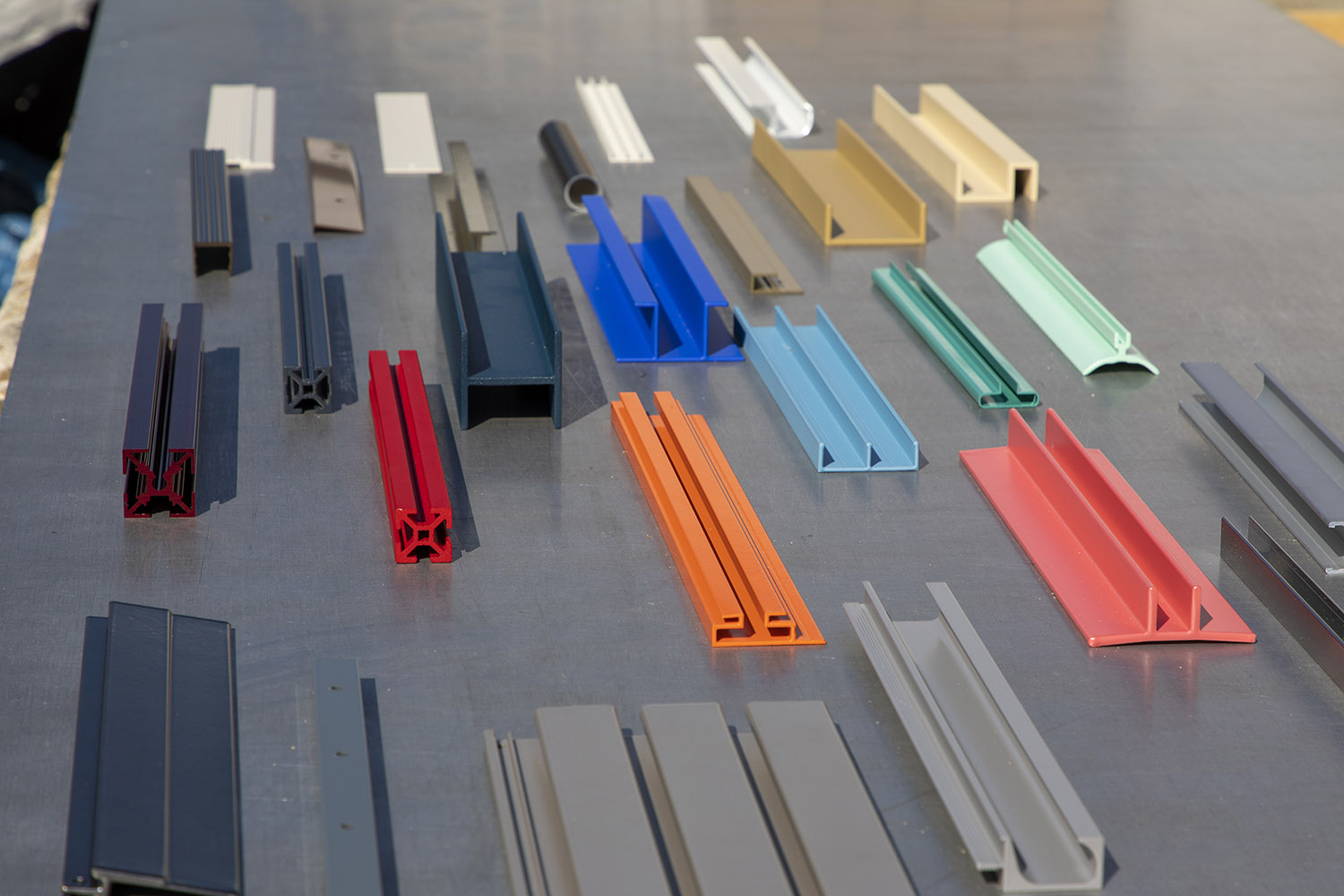What Is Tensile Strength? How It’s Measured, Why It Matters, and Where It Applies

Tensile strength tells you how much pulling force a metal can handle before it fails. For aluminum, other metals and their alloys, this is a critical factor in structural design, fabrication, and material selection.
In this guide, we'll break down everything you need to know about tensile strength - what it means, how it's measured, and how it affects your material decisions.
What Is Tensile Strength?
Tensile strength measures how much stress a material can endure when being pulled apart. It's one of the key mechanical properties used to evaluate performance under load.
Tensile strength plays a major role in:
- Structural design
- Load-bearing components
- Engineering for safety and reliability
Materials like steel, titanium, and aluminum are selected based on their tensile properties. For example, aluminum's strength-to-weight ratio makes it popular in:
- Aerospace
- Automotive
- Construction
- Manufacturing
- Consumer products
- Metal fabrication
How Is Tensile Strength Measured?
Tensile strength is measured using a tensile testing machine, which pulls the material until it breaks. During this process, the machine records stress and strain to identify three important values:
- Yield Strength
- Ultimate Tensile Strength (UTS)
- Breaking Strength
These help engineers understand how the material behaves under load - when it starts to deform, when it peaks, and when it breaks.
Yield Strength
Yield strength is the amount of stress a material can handle before it begins to deform permanently. Below this point, the material returns to its original shape. Beyond it, the material stretches, bends, or warps without fully recovering.
This value is especially important in safety-critical applications like support beams, brackets, or framing components.
Ultimate Tensile Strength (UTS)
Ultimate tensile strength is the maximum stress a material can take before it begins to weaken. After this point, the material starts necking - thinning and becoming unstable.
UTS is often referred to as the true tensile strength in everyday usage.
Breaking Strength
Breaking strength refers to the actual stress recorded when the material fractures. It’s slightly lower than UTS because the metal begins to weaken as it approaches this point.
Metals typically fail in one of two ways:
- Brittle failure - Snaps with little warning or deformation
- Ductile failure - Stretches significantly before breaking
Aluminum is generally ductile, especially in the 6000-series alloys. This makes it safer for construction, signage, and millwork - it bends before it breaks, giving you warning and preventing catastrophic failure.
Why Tensile Testing Matters
Tensile testing ensures:
- Materials meet mechanical performance standards
- Safety margins are respected in load-bearing designs
- Efficient use of material strength relative to cost
- Compliance with engineering, architectural, or manufacturing codes
Tensile strength is not just a number, it’s a critical input for choosing the right material for a given use-case.
Where Tensile Strength Makes a Difference
Tensile strength is a deciding factor in:
- Transportation - Vehicle panels, roof racks, ramps
- Construction - Wall trims, channels, corner guards, panels
- Retail & Displays - Framing, signage, shelving
- Consumer products - Housings, fixtures, brackets
- Metal fabrication - Custom builds, furniture, protective trims
Aluminum’s lightweight durability and good tensile strength make it a reliable choice across industries
Final Takeaway
Tensile strength is one of the most important mechanical properties in aluminum design. Whether you're engineering a load-bearing structure or choosing a material for repetitive stress - understanding how aluminum reacts under tension can make or break your project's success.
If you understand yield strength, ultimate strength, and breaking point, you're already ahead of the curve.
Looking for aluminum profiles that meet your project needs? Visit Orange Aluminum to explore a wide range of in-stock and custom aluminum extrusion solutions.
Last updated 08/05/2025



